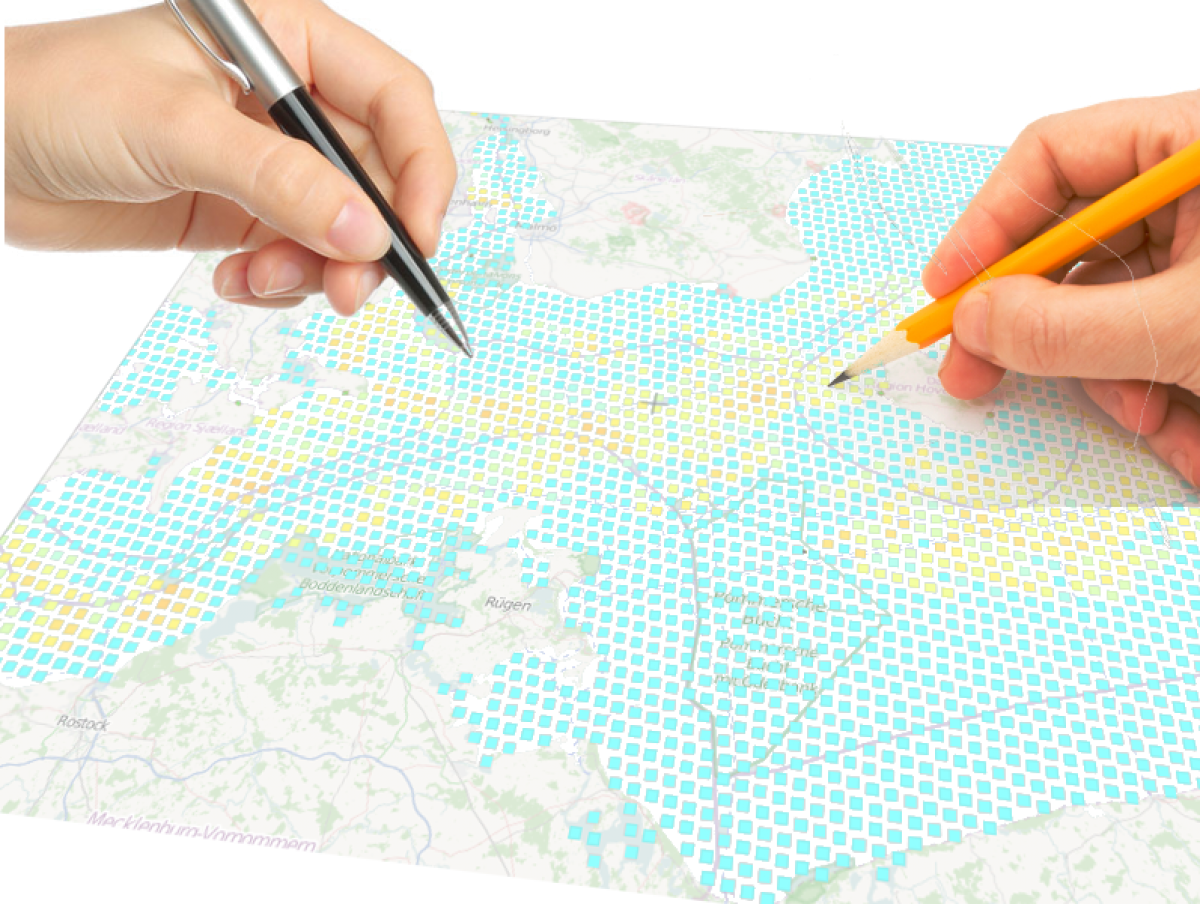 In relation to present simulations performed under the Baltic case study of the SOCIOEC project, the stakeholder feedback is expected to provide information on (and contribute to) what the stakeholders consider to be the most important risk factors in such spatial management. Furthermore, they are expected to contribute with information on how they plan to react to the spatial management measures in their short-term decision making (on a daily basis or at the trip level). For example, how they will react to increased fuel prices? Or how increase price is changing the choices of fishing grounds? Or how do fishermen react to some stocks with altered productivity? Or do they switch to another ground, fisheries, occupation, etc.? Or do they on a longer-term basis change their investment dynamics, exit from fishery, etc.?.) . Answers to such type of questions are very relevant because the model is designed to handle the answers and potentially add some new type of reactions based on the answers without too much additional modeling work. The methodology is already to a high extent based on questionnaires and answers to those, i.e. the model has been developed and structured to build on decision trees established from stakeholder feedback (here). As a better understanding of the fishermen reactions to changed spatial management measures and fishing conditions, it is important to know and understand the risks better, which can greatly refine the model perception.
In relation to present simulations performed under the Baltic case study of the SOCIOEC project, the stakeholder feedback is expected to provide information on (and contribute to) what the stakeholders consider to be the most important risk factors in such spatial management. Furthermore, they are expected to contribute with information on how they plan to react to the spatial management measures in their short-term decision making (on a daily basis or at the trip level). For example, how they will react to increased fuel prices? Or how increase price is changing the choices of fishing grounds? Or how do fishermen react to some stocks with altered productivity? Or do they switch to another ground, fisheries, occupation, etc.? Or do they on a longer-term basis change their investment dynamics, exit from fishery, etc.?.) . Answers to such type of questions are very relevant because the model is designed to handle the answers and potentially add some new type of reactions based on the answers without too much additional modeling work. The methodology is already to a high extent based on questionnaires and answers to those, i.e. the model has been developed and structured to build on decision trees established from stakeholder feedback (here). As a better understanding of the fishermen reactions to changed spatial management measures and fishing conditions, it is important to know and understand the risks better, which can greatly refine the model perception.
Skip to content
A spatial model of fisheries to help sustainable fishing and maritime spatial planning

